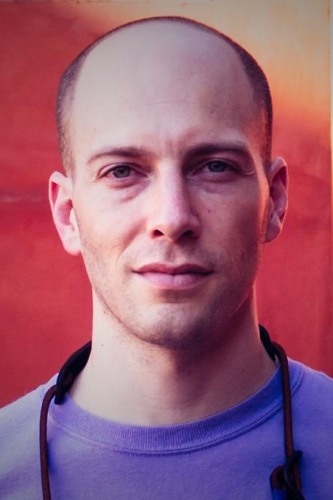
Jason Protass
Biography
Jason Protass (Ph.D., Stanford) specializes in Chinese Buddhism of the Northern and Southern Song dynasties (960-1279). He writes about Buddhism and poetry, Chan history, and other topics. His book The Poetry Demon (UHP, 2021) examines Buddhist monks' self-understanding of the intersections between their religious vocation and poetic avocation in the tenth to thirteenth centuries CE. Protass has published additional essays and chapters on Buddhist monks' poetry, including "The Flavors of Monks' Poetry: On a Witty Disparagement and Its Influences" (2021).
Protass currently is developing a book-length project about Chan teachings for laypersons in the Northern Song, centered on the excavated woodblock text, Quanhuawen, essays for lay practice composed by Changlu Zongze (d. 1106). That project emerges from a broader interest in recovering the history of the Yunmen lineage of Chan Buddhism shortly before its sudden decline circa 1130. His related work includes publications about a geographic history of Chan lineages during the Northern Song; on the relationships between printed books and manuscripts in the Song; and presented papers on "riverine Buddhism." Protass is interested in the connected history of Chan and Zen, and has also written about translingual encounters in the thirteenth and fourthteenth centuries between Chinese Chan and Japanese Zen monks.
Protass has studied at Academia Sinica (Taipei), Hanazono University (Kyoto), Ryūkoku University (Kyoto), and Peking University (Beijing) under the auspices of fellowships from Fulbright Taiwan, American Council of Learned Societies, Bukkyō Dendō Kyōkai (Japan), and the Ministry of Education P. R. China.